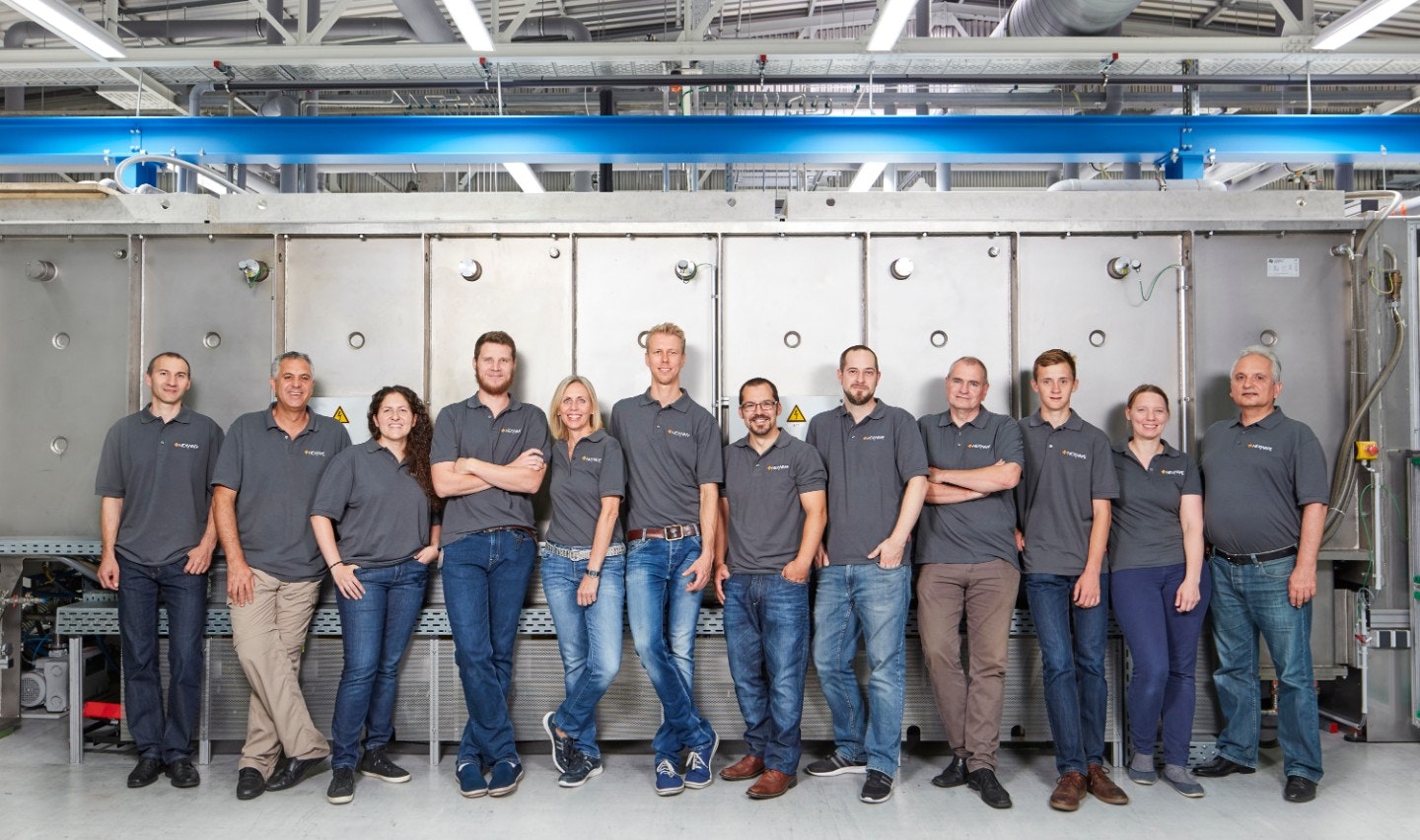André Christ won’t say exactly how much he took home when he sold his baby, LeanIX, to software giant SAP earlier this month.
The deal is worth an estimated $1.2bn, the biggest in German tech history. Not bad for a company started in 2012 in Bonn, which isn’t typically considered a major startup hub like Berlin or Munich.
The deal is one of Germany’s largest ever tech acquisitions, topping Dr Oetker’s acquisition of Flaschenpost for $1bn in 2020. It has demonstrated that Europe can build software with global appeal, analysts say.
“I hope that it gives founders (in the region) the confidence that it is possible to make it outside of those big hubs,” says Christ, adding that SAP itself is headquartered outside the startup bubble in Walldorf.
“It would be a great legacy if founders would say, ‘LeanIX did it, so can we’.”
The company, which helps enterprises track their IT architecture, was on a fast growth trajectory before it decided to get scooped up by the software giant — and didn’t necessarily need to get acquired. (In fact, investors in LeanIX’s 2020 Series D round told Sifted that they would have preferred to hang on to the company for longer.)
LeanIX has upped its revenue to just shy of €100m this year and has expanded to 600 people. It also cracked America early on in its journey — no mean feat for a European software company — with the US now responsible for 50% of its total revenue.
So what made LeanIX decide to sell?
A big opportunity
SAP is one of the most valuable software companies in the world, with a market cap of $154bn and 24k partner companies worldwide, making it an attractive option for LeanIX.
SAP has been a customer of LeanIX since 2017 and the two firms established a partnership in June last year that laid the groundwork for bigger opportunities, says LeanIX’s Christ.
The software giant has thousands of enterprise and mid-market customers globally that LeanIX can tap into, each at varying stages of digital transformation.
Within SAP, LeanIX will join Signavio, a business process management software company acquired by SAP in January 2021, and form a business transformation suite within SAP that can help companies modernise their software stacks quicker.
This is a huge opportunity for LeanIX to grow inside SAP, as Signavio did, says Christ, though he couldn’t be specific about what that “growth” will look like. Signavio has grown from 450 people to over 1,500 since being acquired by SAP, according to the company.
LeanIX hopes to emulate this growth and is currently ramping up its hiring efforts — having more than doubled its headcount since 2020, says Christ.
Signavio provided LeanIX with a positive case study of how well an acquisition by a big player like SAP can go. When a larger company scoops up a startup, there’s a risk of it being subsumed by the corporate machine.
Christ is buoyed by the fact that Signavio has been able to retain its identity while being part of SAP. Its original cofounder and CEO, Gero Decker, is still in his position after two and a half years.
M&A bankers tell Sifted that cofounders usually leave after 12-18 months maximum after being bought by a bigger company.
A European milestone
The acquisition, which is expected to close by the end of this quarter, is not just a big deal for Germany, but for Europe too, says Christian Resch, managing director of Goldman Sachs’s growth equity investments.
“It shows that Europe can build extraordinary quality software that scales and sells globally with a very large footprint in the US and in Germany. And that’s excellent for the ecosystem,” he says.
The deal generates cash for VC funds and for LeanIX’s employees too, who will hopefully use the proceeds to found their own companies. This virtuous cycle is “what Europe desperately needs”, says Resch.
Let’s not forget that the deal also means a payday for LeanIX’s shareholders.
“For VCs wanting to make returns to LPs, this was a compelling exit option in an environment that has seen extremely little exit activity,” says an investor who backed LeanIX in its 2020 Series D round.
“Let’s call a spade a spade. There’s a lot of money being made in this whole deal. This is a huge transaction,” he adds.
Success out of Germany’s startup hubs
It’s also crucial that this billion-dollar acquisition was achieved by a company headquartered in Bonn — a city in the west of Germany that doesn’t have the same reputation as Berlin or Munich as a major startup hub.
“This means there’s a chance that a good amount of cash will end up in the local ecosystem,” says Resch.
It also proves that “great companies can be founded anywhere”, says Christ, who admits he struggled to decide whether to base the company in Berlin or Bonn back when it was first founded in 2012, though he now sees the company’s location as a competitive advantage.
Correction: This article has been updated to show that Signavio's employee base has grown from 450 to 1,500 employees since being acquired by SAP.


